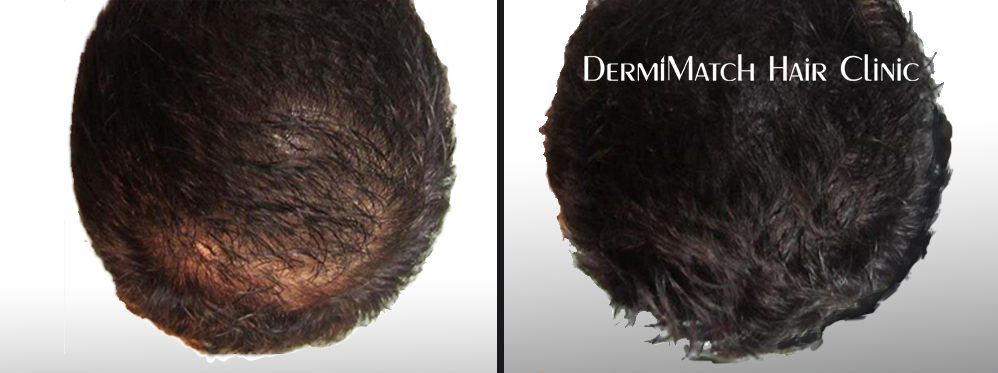The psychological impact of hair loss is huge. Hair loss is inevitable but it still hurts. Some even take it as a sign of aging. No doubt, having fewer hair strands is not the end of the world. But hair loss has a serious impact on the psychology of the person. In fact, it goes to the extent of impairing the self-esteem of the affected person.
Yes, hair gives you a distinct identity and is a major part of your personality. Your hairstyle can improve your appearance and give your self-confidence a boost. Many people suffer psychologically when they start noticing a lot of hair falling off their scalp. Although hair shedding is a dermatological condition, which may be in the form of receding hairline, pattern baldness, or thinning hair. On average, a person loses 50-100 strands per day. More than this could have a psychological impact. Even worse, hair loss could be temporary or permanent, depending on the causative factor. Hair loss cause could be genetics, stress, hormonal disturbance, pregnancy, medication, or medical disorder.
How Does Hair Loss Affect Psychology?
While some people take hair loss lightly, others find it too hard to digest. The sight of hair loss hurts. It affects their psychological well-being. As a result, the person might even suffer from social anxiety, phobia, depression, and personality disorders.
A person with well-maintained hair sets the impression right on others, and people see them with due respect. This can improve their self-confidence too. On the other hand, a person with hair problems could create a negative body image. The psychological impact of hair loss is so huge that these people might find it humiliating and embarrassing at the same time. They might even choose to withdraw from social interactions and become self-isolated. So are there no treatment options for hair loss?
How To Prevent the Psychological Impact of Hair Loss?
A dermatologist might prescribe over-the-counter medicines to treat the shedding of hair. In extreme cases of hair loss or pattern baldness, a doctor might suggest hair transplant surgery. While both have side effects and the latter comes with its own set of risks, scalp pigmentation is a better and safer hair restoration alternative.
The procedure involves depositing natural pigment into the scalp to create the impression of follicles using microneedles. The goal of SMP is to make the scalp look fuller. The best scalp practitioners match the client’s skin tone and hair color with pigment to achieve a natural appearance. For clients that have sensitive skin, the SMP artist uses numbing agents to alleviate discomfort. There is a solution for all types of hair loss in scalp micropigmentation. For receding or thinning hair, SMP can create the look of thicker and fuller hair.
For complete baldness, scalp artists may choose to create a buzz-cut look, which is like a head of shaved hair.
The number of treatment sessions depends on the severity of hair loss. It also depends on the client’s preferences and desired outcome. Small breaks in each session are meant to give enough time for the scalp to heal. The procedure may have to be followed up every 4-5 years with touch-ups to restore the look.
The DermiMatch Edge
Contact DermiMatch today to restore your crowning glory. We understand that the sight of hair loss is not easy to digest. You can connect with top scalp artists in Scottsdale regarding your hair loss problem and expectations and leave it to them to decide what would work best for you. SMP can help reduce the psychological impact of hair loss to a great extent by camouflaging the sight of lost hair.

